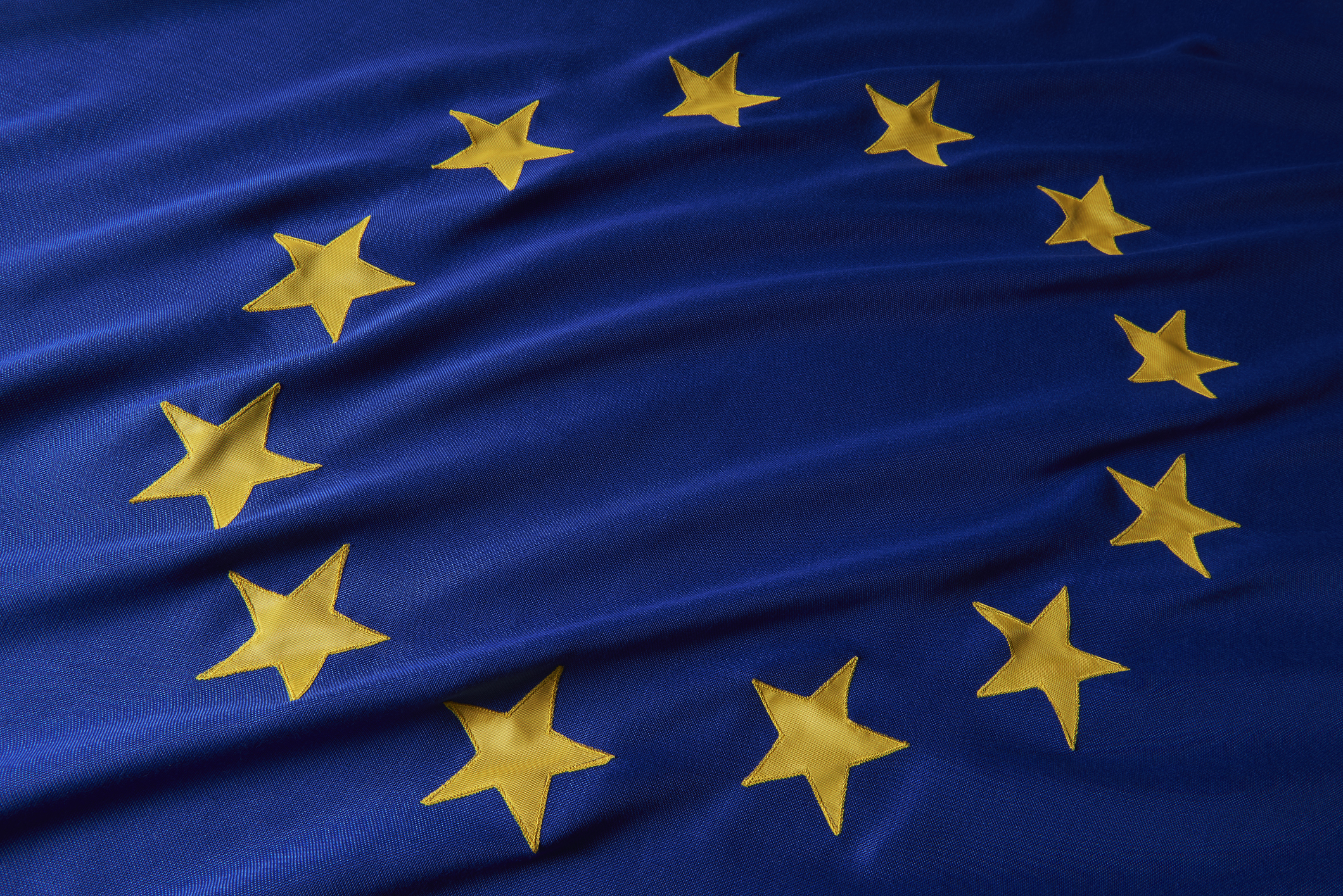Google accused of breaching European privacy laws
Regulators look set to investigate Google's privacy policy.


Sign up today and you will receive a free copy of our Future Focus 2025 report - the leading guidance on AI, cybersecurity and other IT challenges as per 700+ senior executives
You are now subscribed
Your newsletter sign-up was successful
France's data protection watchdog has raised serious concerns about the legality and fairness of Google's new privacy policy, claiming the changes breach European laws.
Google plans to put the changes into effect as from today and has rebuffed two requests from European regulators for a delay.
As we've said several times over the past week, while our privacy policies will change on 1st March, our commitment to our privacy principles is as strong as ever.
The CNIL regulator told Google in a letter dated 27 February it would lead a European-wide investigation of the web search giant's latest policy and would send it questions by mid-March.
Google said in January it was simplifying its privacy policy, consolidating 60 guidelines into a single one that will apply for all its services, including YouTube, Gmail and its social network Google+.
The US internet company also said it will pool data it collects on individual users across its services, allowing it to better tailor search results and improve service.
Users cannot opt out of the new policy if they want to continue using Google's services.
Sign up today and you will receive a free copy of our Future Focus 2025 report - the leading guidance on AI, cybersecurity and other IT challenges as per 700+ senior executives
"The CNIL and EU data authorities are deeply concerned about the combination of personal data across services: they have strong doubts about the lawfulness and fairness of such processing, and its compliance with European data protection legislation," the French regulator wrote to Google.
The tussle over data privacy comes at a delicate time for Google, whose business model is based on giving away free search, email, and other services while making money by selling user-targeted advertising.
It is already being investigated by the EU's competition authority and the US Federal Trade Commission over how it ranks search results and whether it favors its own products over rival services.
In a Tuesday blog post responding to CNIL's letter, Google said it was happy to answer questions from Europe's data protection authorities.
"As we've said several times over the past week, while our privacy policies will change on 1st March, our commitment to our privacy principles is as strong as ever," wrote Peter Fleischer, Google's global privacy counsel.
In his letter to CNIL, which was also posted, Fleischer added: "We are confident that our new simple, clear and transparent privacy policy respects all European data protection laws and principles."
Google's new privacy policy follows closely on a European Commission move to overhaul its 17-year-old data protection rules in favour of more stringent requirements.
Under the proposed new EU rules, Internet companies like Google, Facebook and Yahoo would have to ask users whether they can store and sell their data to other businesses, such as advertisers, which is the source of almost all their income.
Internet users can also ask for their data to be deleted from websites for good, the so-called "right to be forgotten."
Policy makers in other countries have also expressed concerns over Google's new privacy policy.
Eight US lawmakers sent a letter to Google in late January expressing concern that a planned consolidation of user information endangered consumers' privacy.
Japan's trade and industrial ministry warned on Wednesday that Google must follow Japan's privacy law in implementing its new approach, and that Google needed to provide explanations to address users' concerns.
"It is important for the firm to be flexible by providing necessary additional explanations or measures to address actual user concerns or requests also after March 1..." the ministry said in a statement.
UK privacy campaign group Big Brother Watch is also challenging Google's tweaks. It has written to the ICO and carried out research with YouGov to see how people feel about the changes and whether they are really fully understood.
Research published today by Big Brother Watch highlights how only 12% of Google service users have read Google's new privacy policy.
The majority of people (92 per cent) surveyed use Google on a regular basis, but nearly half didn't know any changes were due to take place. Furthermore, of those who were aware of the tweaks, 65 per cent had no idea they were coming into effect so quickly.
"Companies should not be allowed to bury in legal jargon and vague statements how they may monitor what we do online, where we use our phones and even listen to what we say in calls. This change isn't about Google collecting more data, it's about letting the company combine what's in your emails with the videos you watch and the things you search for, and ultimately increase their profits," claimed the Big Brother Watch's director Nick Pickles.
"If people don't understand what is happening to their personal information, how can they make an informed choice about using a service? Google is putting advertiser's interests before user privacy and should not be rushing ahead before the public understand what the changes will mean."
(Additional reporting by IT Pro)
-
 Salesforce targets telco gains with new agentic AI tools
Salesforce targets telco gains with new agentic AI toolsNews Telecoms operators can draw on an array of pre-built agents to automate and streamline tasks
-
 Four national compute resources launched for cutting-edge science and research
Four national compute resources launched for cutting-edge science and researchNews The new national compute centers will receive a total of £76 million in funding
-
 EU lawmakers want to limit the use of ‘algorithmic management’ systems at work
EU lawmakers want to limit the use of ‘algorithmic management’ systems at workNews All workplace decisions should have human oversight and be transparent, fair, and safe, MEPs insist
-
 Cyber pros say the buck stops with the board when it comes to security failings
Cyber pros say the buck stops with the board when it comes to security failingsNews Fines, sanctions, and even prosecution are all on the table when it comes to cyber failings, practitioners believe
-
 European Commission calls for cyber security proposals
European Commission calls for cyber security proposalsNews With a special focus on healthcare, the Commission is looking to allocate €145.5 million
-
 Forcing Apple to allow alternative app stores might cause major security risks
Forcing Apple to allow alternative app stores might cause major security risksAnalysis Apple will be forced to allow third-party marketplaces on its devices, but some experts have raised serious security concerns
-
 Top data security trends
Top data security trendsWhitepaper Must-have tools for your data security toolkit
-
 Why bolstering your security capabilities is critical ahead of NIS2
Why bolstering your security capabilities is critical ahead of NIS2NIS2 regulations will bolster cyber resilience in key industries as well as improving multi-agency responses to data breaches
-
 New EU vulnerability disclosure rules deemed an "unnecessary risk"
New EU vulnerability disclosure rules deemed an "unnecessary risk"News The vulnerability disclosure rules in the Cyber Resilience Act could also cause a “chilling effect” on security researchers
-
 Are you ready for NIS2?
Are you ready for NIS2?WEBINAR Find out what you should be doing to prepare for the EU’s latest data protection regulation and UK equivalent with our free webinar